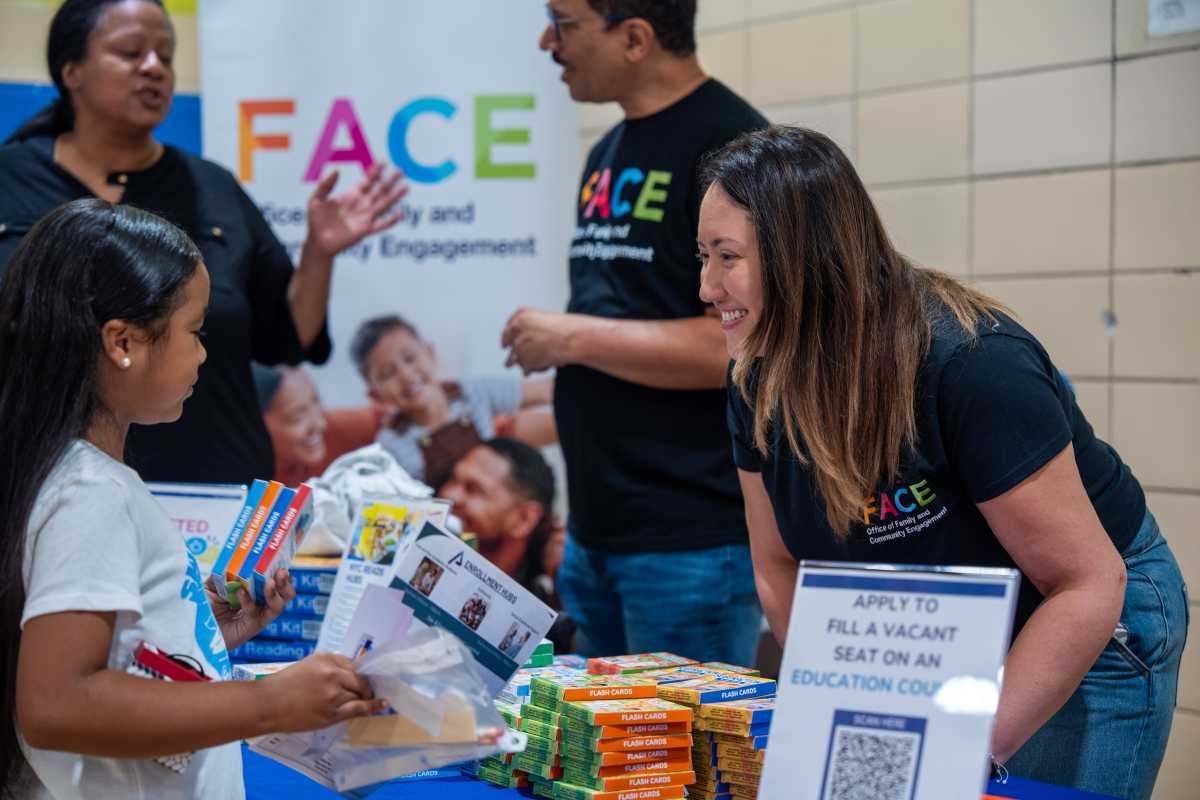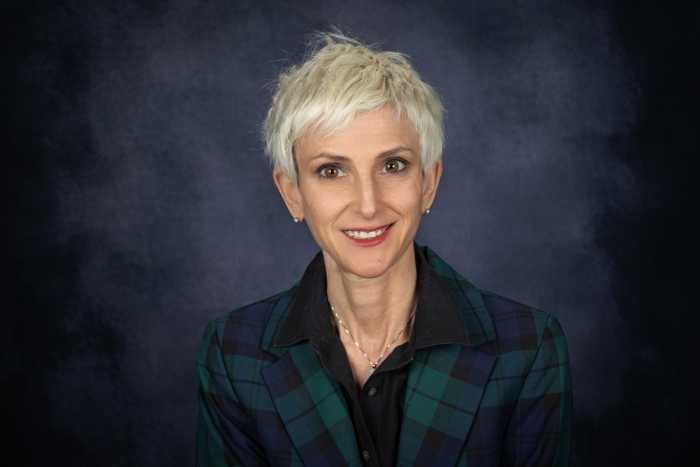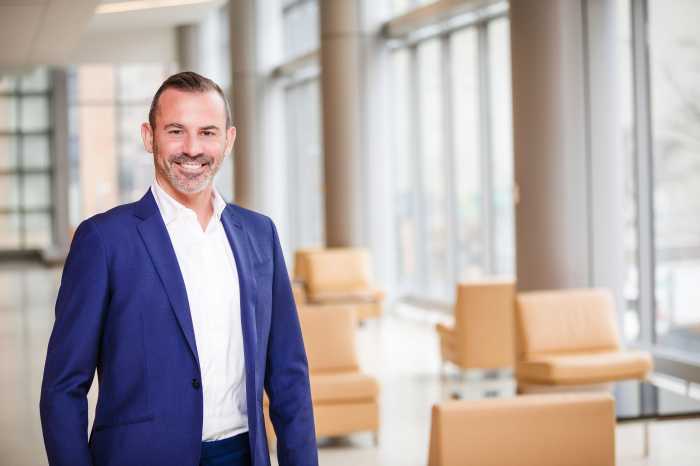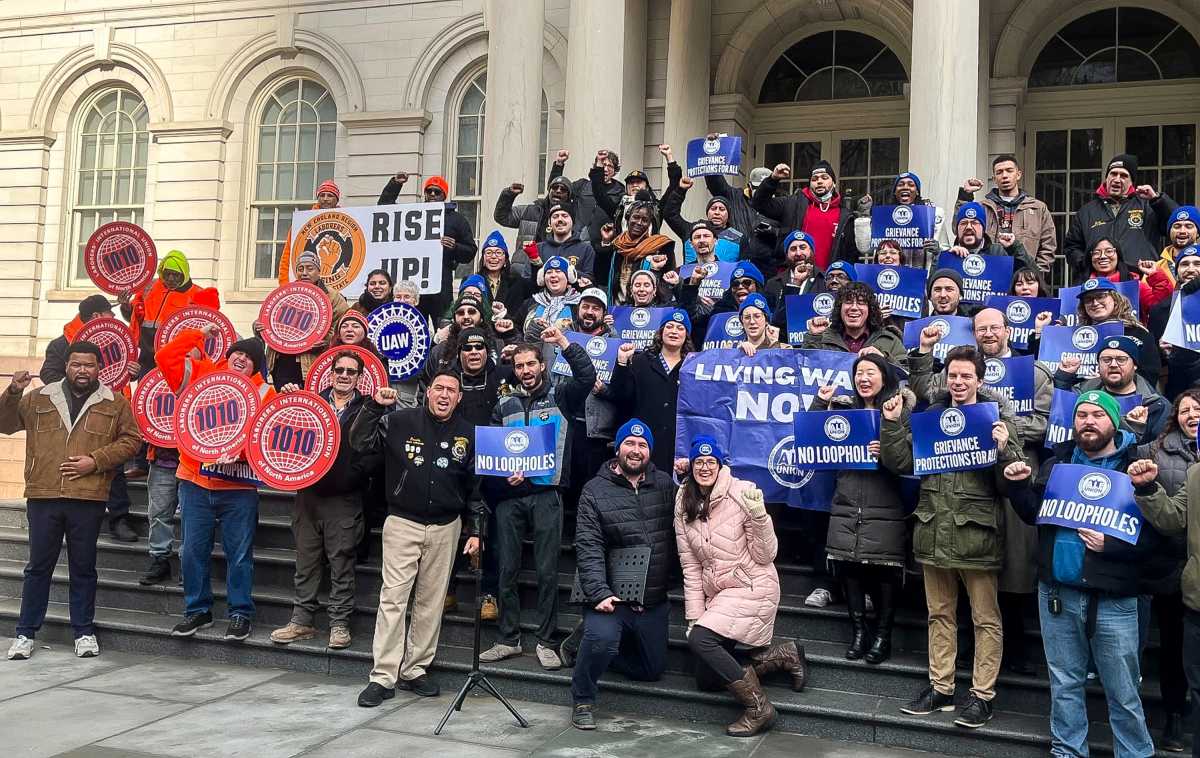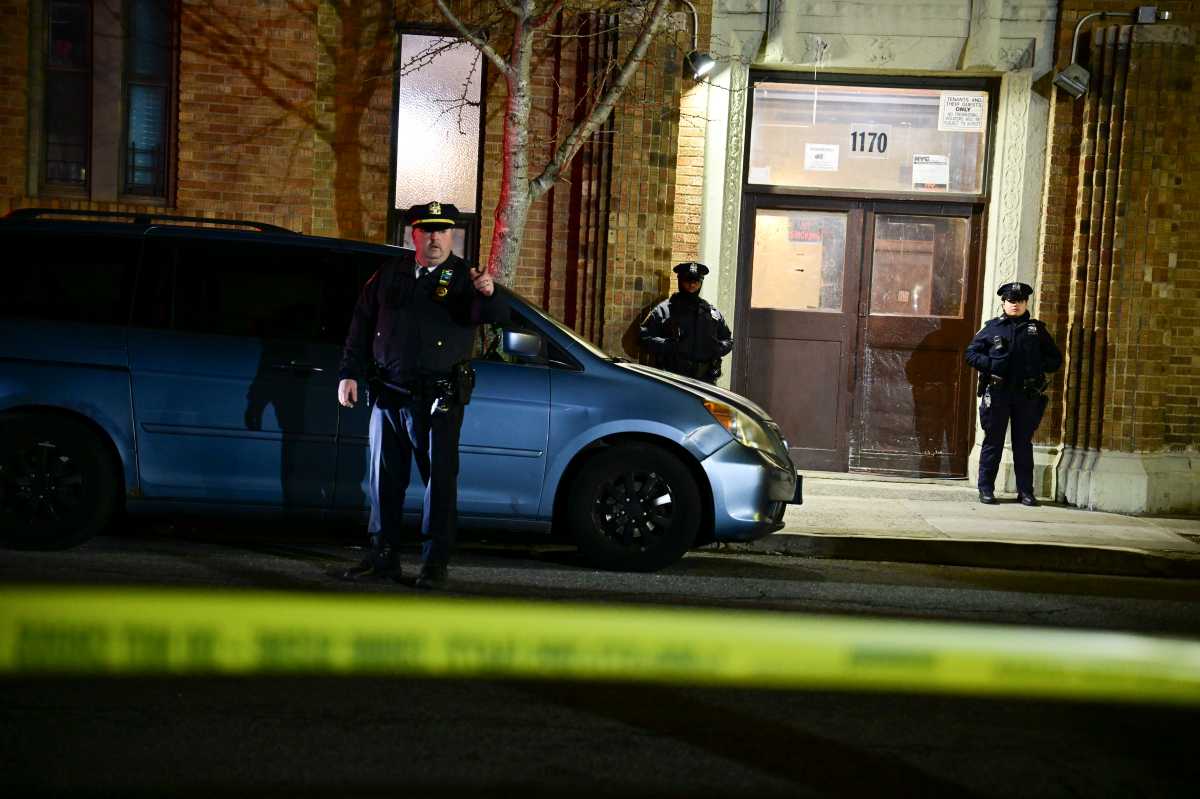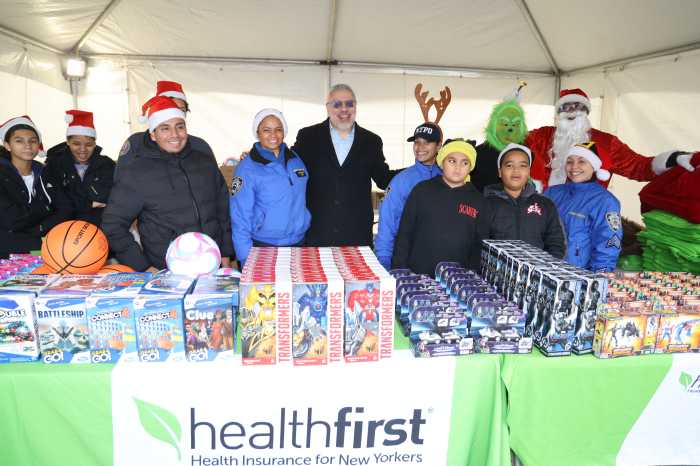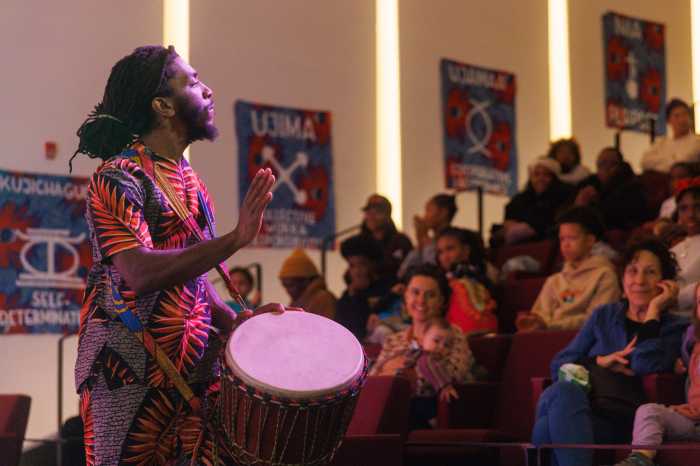Dear Deputy Chancellor Melissa Aviles-Ramos,
As you look forward to taking leadership of the nation’s largest public school district, New York City Public Schools (NYCPS), we are concerned. Tensions in communities have always permeated the classroom, but since 10/7, we are seeing this happen in new and alarming ways. Indeed, according to ADL’s Annual Audit of Antisemitic Incidents, there has been an astounding 226% increase in antisemitic incidents in k-12 schools in New York from 2022 to 2023. That is a stunning increase, and those tensions have not subsided as the Israel-Hamas War continues, and the U.S. approaches highly divisive national and local elections this November.
Our schools have a vital role to play in easing those tensions and in combatting antisemitism. Moreover, when any one group of students is targeted, others in marginalized identity groups will also be vulnerable, since all students’ sense of safety is interdependent. This is not just about Jews experiencing antisemitism. It is about all students.
So, What can be done about this? First, we hope you will continue Chancellor David C. Banks’ Meeting the Moment initiative, meant to strengthen school safety and inclusivity. It is an important step, but more is needed.
At ADL, we respond to antisemitism by tackling it head on. For families and teachers who experience antisemitism, our antisemitism helpline is open to report incidents of antisemitic discrimination, intimidation, harassment, vandalism or violence that may necessitate legal action. But, we also respond in these four other ways that we hope will be model for NYCPS and districts across the nation, and we look forward to partnering with you to make this a reality. We encourage you to:
- Partner with students, families, educators and school leadership to support our shared goal: equitable and inclusive classrooms. We know that school climate – the ability for all students, faculty and staff to feel safe – is the charge of many, not one. Positive school environments evolve when students can engage in civil dialogue, fact-based inquiry and their diverse identities are respected and celebrated. This can be achieved by school-wide anti-bias initiatives that reflect all of us, such as the student-driven No Place For Hate. We are encouraged by the unprecedented number of schools who have joined No Place For Hate – more than 300 in New York – led by concerned and dedicated educators.
-
Take advantage of resources that directly address antisemitism. They help young people understand how antisemitism has historically manifested and operates today, and build skills to recognize and combat all forms of bias. And state-mandated Holocaust education serves as a meaningful framework to learn about the dangers of scapegoating and biased attitudes.
- Foster constructive dialogue, active listening and the pursuit of different perspectives in and outside of the classroom. This is not a light task considering we all come to teaching with our own set of beliefs and biases. Fortunately, there are resources, such as ADL’s Advocacy Toolkit/Assessment Toolkit, to support the many educators who want students to understand and have room to process what is happening in Israel and Gaza.
- Focus on ways to further legislative mandates. As educators prepare to hold important and challenging conversations, school administrators should ensure a safe school climate by understanding and adhering to legislative mandates such as New York State’s Dignity For All Students Act and The Holocaust Education Bill, as well as understanding Title IV and the expanded provisions of Title VI of the federal Civil Rights Act of 1964. Schools should publicly condemn and report instances of antisemitism to organization like ADL – this demonstrates serious action and makes it clear that their school does not tacitly condone hate.
Leading the nation’s largest school district is a daunting task at any time, and the difficulties of this moment make it that much more so, but combatting bias cannot be optional. It is an ongoing, intentional journey requiring brave steps beyond our comfort zone, and we look forward to partnering with you to create a world where people respect one another and where they celebrate difference and diversity.
Read More: https://www.amny.com/oped/



